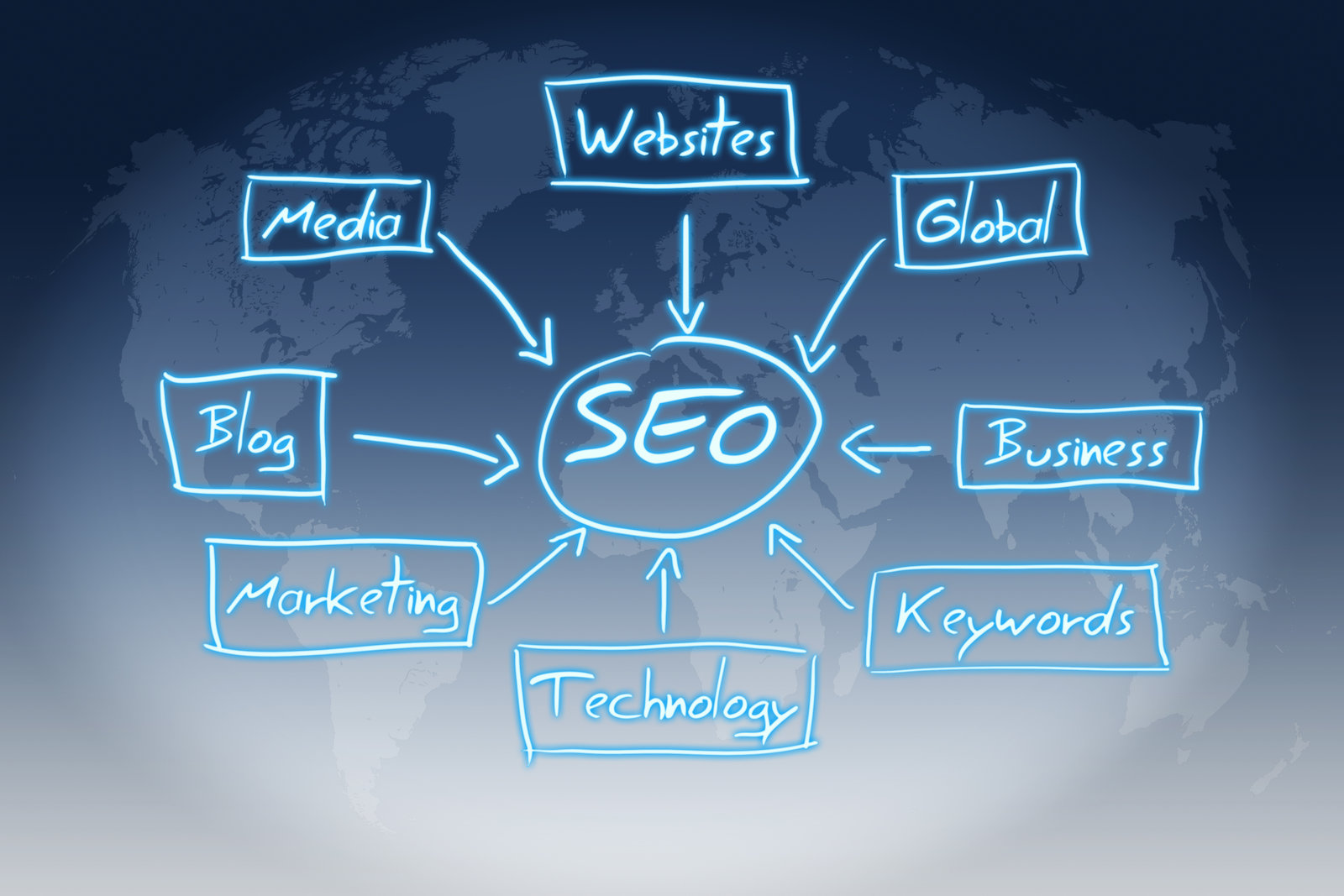Internal links play a crucial role in search engine optimization (SEO) for several reasons:
- Improved Navigation and User Experience:
- Easier Navigation: Internal links help users navigate through a website, making it easier to find relevant content. This enhances the user experience, leading to longer visit durations and lower bounce rates, which are positive signals to search engines.
- Content Discoverability: They make it easier for users to discover related content, keeping them engaged and on the site longer.
- Establishing Information Hierarchy:
- Content Structure: Internal links help define the architecture of the website, indicating the most important pages and how they are related. This creates a clear hierarchy, which helps search engines understand the structure and content of the site.
- Distributing Page Authority:
- Link Equity Distribution: Also known as “link juice,” internal links help distribute the authority and ranking power across pages. By linking to less authoritative pages from more authoritative ones, you can help boost the SEO of those less authoritative pages.
- Enhancing Crawling and Indexing:
- Efficient Crawling: Internal links facilitate the crawling process by search engine bots. They help bots discover new content, understand the site structure, and index pages more efficiently.
- Preventing Orphan Pages: Pages that are not linked to from other parts of the site (orphan pages) might not be discovered by search engines. Internal links ensure that all important pages are accessible and indexable.
- Context and Relevance:
- Anchor Text Optimization: The anchor text used in internal links provides context to both users and search engines about the content of the linked page. Using descriptive and relevant anchor text can improve the understanding of the linked page’s topic and relevance.
- Semantic Connection: Internal links between related content help search engines understand the thematic connections and relevance of pages, potentially improving rankings for related queries.
- Improving Engagement Metrics:
- Decreased Bounce Rate: By guiding users to related and interesting content, internal links can help reduce the bounce rate, which is a positive signal to search engines.
- Increased Page Views: Effective internal linking such as on the Master Movers website, can lead to increased page views per session, indicating higher user engagement and satisfaction.
In summary, internal links are a fundamental aspect of SEO as they enhance user experience, help search engines understand site structure, distribute authority, improve crawling and indexing, and provide context and relevance for content. Proper internal linking strategy can significantly boost a website’s SEO performance.


